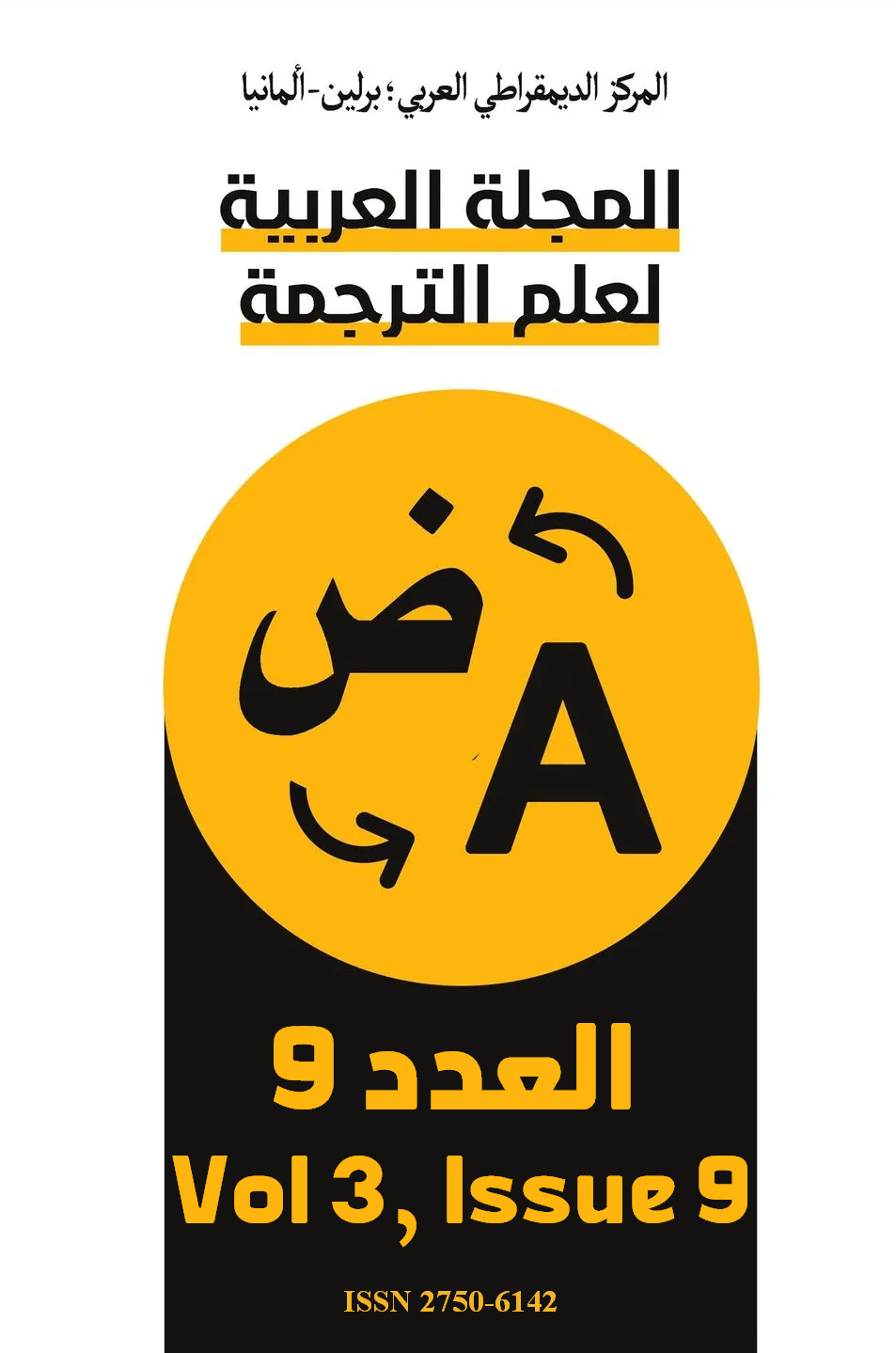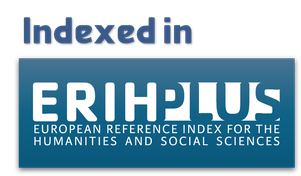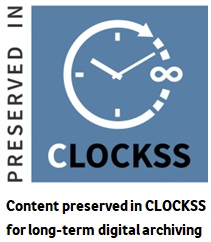The Humanities and Intellectual Agency: Grounding Dissonance between Michel Foucault and Edward Said
DOI:
https://doi.org/10.63939/AJTS.k6q1fa05Keywords:
Edward Said, Michel Foucault, Subjectivity, System, HistoryAbstract
In 2005, Karlis Racevkis, a Foucaultian scholar, published an article entitled "Edward Said and Michel Foucault: Affinities and Dissonances." He argues that the dissonances between the two started when Said discovered Michel Foucault's pro-Zionist politics after a meeting between the two in 1979. After that Said grew disenchanted with Foucault, and this disenchantment for Racevskis accounts for the divergence of the scholarly project of the two. This article seeks to correct this allegation. The differences between the two figures, I argue, had earlier precedents than this date. The differences originate in the beginning theoretical maxims of each. While Foucault rejects humanism, subjective will and agency, favoring instead a historiography that valorizes system over agency, history over individual will and discourse over intention and method, the latter items in the comparison were Said's theoretical prerogatives as his intellectual project stands on the firmer grounds of premeditated design on the part of meaning-producers to initiate oppositional meaning to the dominant discourse/power.
Downloads
References
Bové, P. A. (1990). Power and freedom: Opposition and the humanities. October, (53), 78-92 DOI: https://doi.org/10.2307/778916
Foucault, M. (1972). The archaeology of knowledge and the discourse on language (A. M. Sheridan Smith, Trans.). Pantheon Books. (Original work published 1969)
Foucault, M. (1981). The order of discourse. In R. Young (Ed.), Untying the text: A post-structuralist reader (pp. 48-78). Routledge & Kegan Paul
Foucault, M. (1988). Madness and civilization: A history of insanity in the age of reason (R. Howard, Trans.). Vintage Books. (Original work published 1961) DOI: https://doi.org/10.4324/9780203278796
Foucault, M. (1995). Discipline and punish: The birth of the prison (A. Sheridan, Trans.). Vintage Books. (Original work published 1975)
Foucault, M. (1998). Aesthetics, method, and epistemology (J. D. Faubion, Ed.). The New Press
Macey, D. (2019). The lives of Michel Foucault: A biography. Verso
Mills, S. (2003). Michel Foucault. Routledge DOI: https://doi.org/10.4324/9780203380437
Pannian, P. (2016). Edward Said and the question of subjectivity. Palgrave Macmillan DOI: https://doi.org/10.1057/9781137543592
Racevskis, K. (2005). Edward Said and Michel Foucault: Affinities and dissonances. Research in African Literatures, 36(3), 83-97 DOI: https://doi.org/10.1353/ral.2005.0155
Said, E. W. (1978). Orientalism. Pantheon Books
Said, E. W. (1983). The world, the text, and the critic. Harvard University Press
Said, E. W. (1985). Beginnings: Intention and method. Granta Books. (Original work published 1975)
Said, E. W. (1994a). Culture and imperialism. Vintage Books
Said, E. W. (1994b). Representations of the intellectual. Vintage Books
Said, E. W. (2000). Out of place: A memoir. Granta Books
Said, E. W. (2004). Humanism and democratic criticism. Columbia University Press
Taylor, C. (1986). Foucault on freedom and truth. In D. C. Hoy (Ed.), Foucault: A critical reader (pp. 69-102). Blackwell
Taylor, D. (Ed.). (2011). Michel Foucault: Key concepts. Acumen Publishing Ltd DOI: https://doi.org/10.1017/UPO9781844654734
Wooldridge, A. (2021). The aristocracy of talent: How meritocracy made the modern world. Allen Lane
Downloads
Published
Issue
Section
License

This work is licensed under a Creative Commons Attribution-NonCommercial 4.0 International License.
As an open-access the journal follows the CC BY-NC 4.0 Attribution-NonCommercial 4.0 International which states that:
- you are free to:
- Share— copy and redistribute the material in any medium or format.
- Adapt— remix, transform, and build upon the material.
- Under the following terms:
- Attribution— You must give appropriate credit, provide a link to the license, and indicate if changes were made. You may do so in any reasonable manner, but not in any way that suggests the licensor endorses you or your use.
- NonCommercial — You may not use the material for commercial purposes.
- No additional restrictions — You may not apply legal terms or technological measures that legally restrict others from doing anything the license permits.












